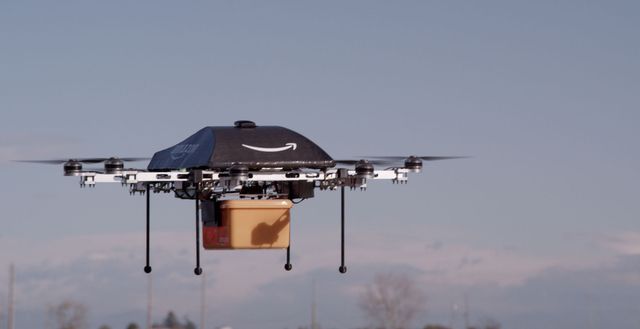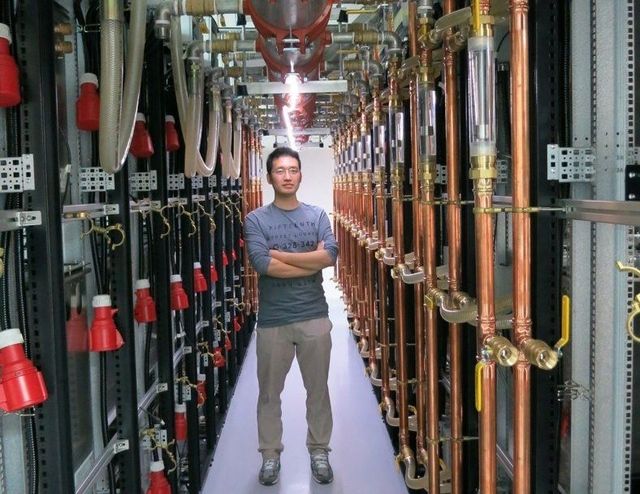Dec 5, 2013
Kentucky police chief to be paid in Bitcoin
Posted by Seb in categories: bitcoin, economics

Vicco, Ky., is about as small town as it gets, with a population that hovers around 330 people. That does not appear to have kept its residents, namely Police Chief Tony Vaughn, in the dark when it comes to Internet trends and emerging crypto-currencies.
The city commission on Monday approved a measure that would allow Vaughn to receive his salary entirely in Bitcoin, an alleged first in the US and yet another story bolstering the reputation of the unregulated virtual currency as a payment method that will one day, supporters hope, stabilize and become commonplace.
Vaughn’s pay, still set in US dollars, will receive standard federal and state deductions, the Hazard Herald reports, before being converted into Bitcoin based on current trading values at the time of pay and deposited into an account held by Vicco. The Bitcoins will then be transferred to Vaughn’s personal account. The city expects to be able to pay Vaughn this way as early as this month.














